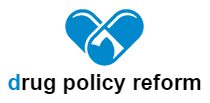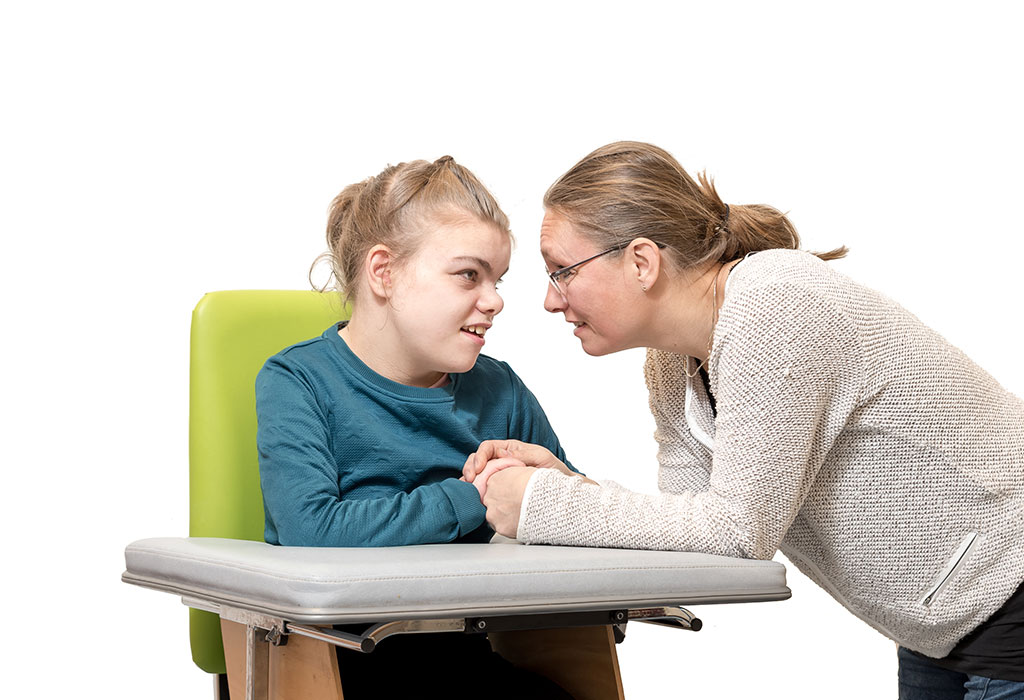What Teachers Need To Know About Autism Spectrum Disorder (ASD) and Attention Deficit Hyperactivity Disorder (ADHD)
The role a teacher plays when it
comes to kids with Autism Spectrum Disorders and Attention Deficit
Hyperactivity Disorder is critical. Fear, confusion and worry make more
parents seek help from teachers to help their children. It is all the
more important for teachers to understand these conditions best and
develop the best strategies to help such students. Teachers must possess
a correct understanding about exactly what is Autism and ADHD and the
various support available for those children who are affected.
Attention Deficit Hyperactivity Disorder, ADHD
ADHD is a condition that affects self-control, focus, and organizational skills that are vital in everyday living. Children with ADHD can extremely disruptive in their environments. These kids do not entirely outgrow this condition. However, the ADHD can be managed through a combination of medication and school support programs. As a teacher, be sure to look out for the above symptoms to identify such kids.
Autism Spectrum Disorder, ASD
ASD like ADHD also affects an individual’s cognitive behavior. Children with ASD have difficulty in communicating and relating to people around them. Every child with ASD has their own set of behavioural challenges. As such, every child has their own set of strategies to help them deal with ASD.
For kids with ASD, three areas prove to be most difficult. Understanding these areas as a teacher will prove helpful when developing learning strategies for these kids.
- Social Imagination Difficulties
In this challenge, the kids find it difficult to understand and predict other people’s behavior. They also have trouble visualising different situations away from their everyday behavior. This makes it difficult for them to plan and manage non-routine situations.
- Social Interaction Challenges
Autistic kids have difficulty relating to unwritten social norms, other individuals’ feelings and emotions. They too struggle with expressing their emotions. It becomes harder for such kids to interact with other people and form friendships. These kids too may present symptoms of sensitivity to smell, light, and sounds.
- Social Communication Difficulties
These difficulties manifest in their verbal and non-verbal language. They take time to process language. Some struggle with speech, making conversations, using as well as understanding sarcasm and jokes. For non-verbal language, these children may not fully interpret facial expressions and body language.
Strategies for Handling ASD and ADHD Kids
The conditions are similar, and specific strategies can be adapted to both conditions.
- Create a Structured Environment
Kids with these conditions operate optimally in structured settings. They are more comfortable with routines and repetitive activities. Ensure there are minimal deviations in their routines. Their environment too should be structured in a way to help them predict events.
- Use of Visual Aids
Visuals are essential learning materials for kids with ASD and ADHD. Picture cards, photographs, drawings should be incorporated into their lessons and daily activities. It helps them efficiently absorb the content.
- The Power Of Positive Reinforcement
Once the kids have achieved a task, congratulate them. You could also adopt a reward system for them. This goes a long way in building on their confidence.
- Engage their Parents
These children need structure. It is in their best interest to have continuity both at home and at school. Develop a plan well as a schedule for activities the parents should undertake with their kids. It is essential that both the parents and the teachers work as a team on this.
- Use a Gentle Approach With The Kids
There are times the kids may be aggressive in their behavior especially when they are nervous, angry or anxious. Adopt a gentle way of calming them down when they are in this situation. If you’d like to learn more about ASD or ADHD in children then we recommend visiting Think Organise Do, the leading resource for parents and educators on how to overcome the everyday hurdles of those affected by ASD, ADHD and Intellectual Disability.
No matter what strategy is adopted, it should border within routine, attention and positivity.
Looking for knee surgeon Melbourne? Contact Vishal Pai – orthopedic surgeon Box Hill to know more.
If you’ve been researching for hypnosis for anxiety Melbourne, we’re happy to help you with your enquiry. Contact us today for a free quote.



